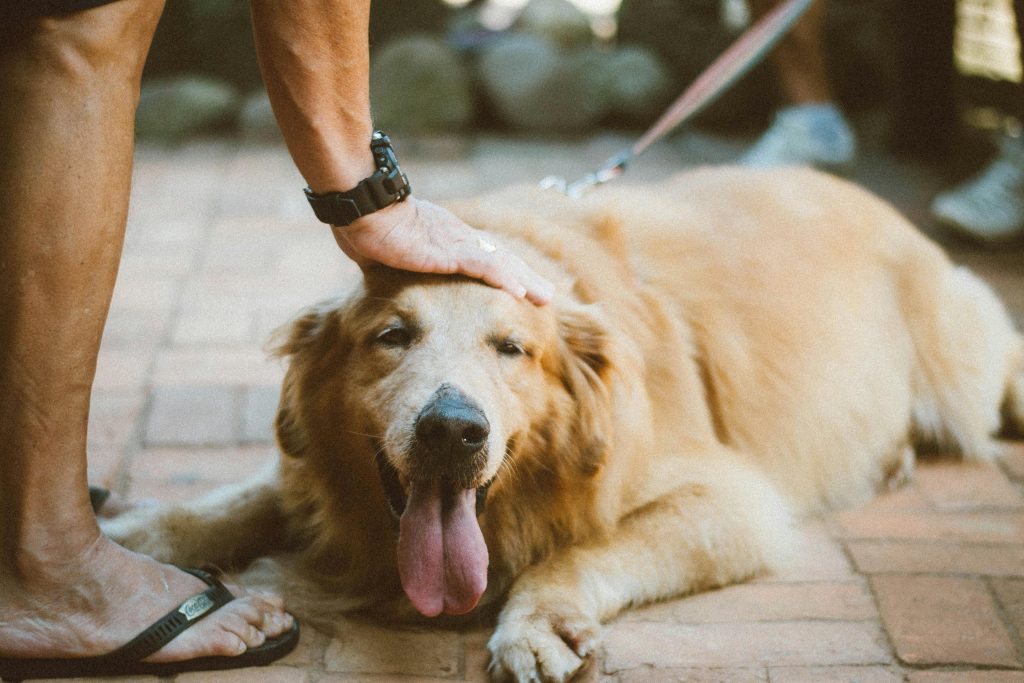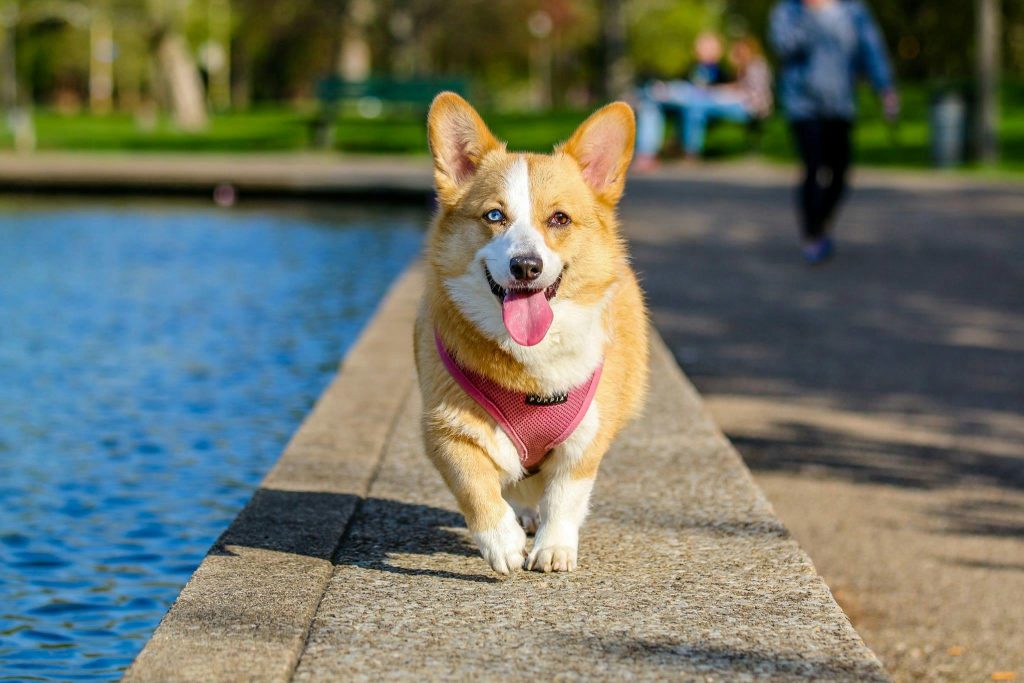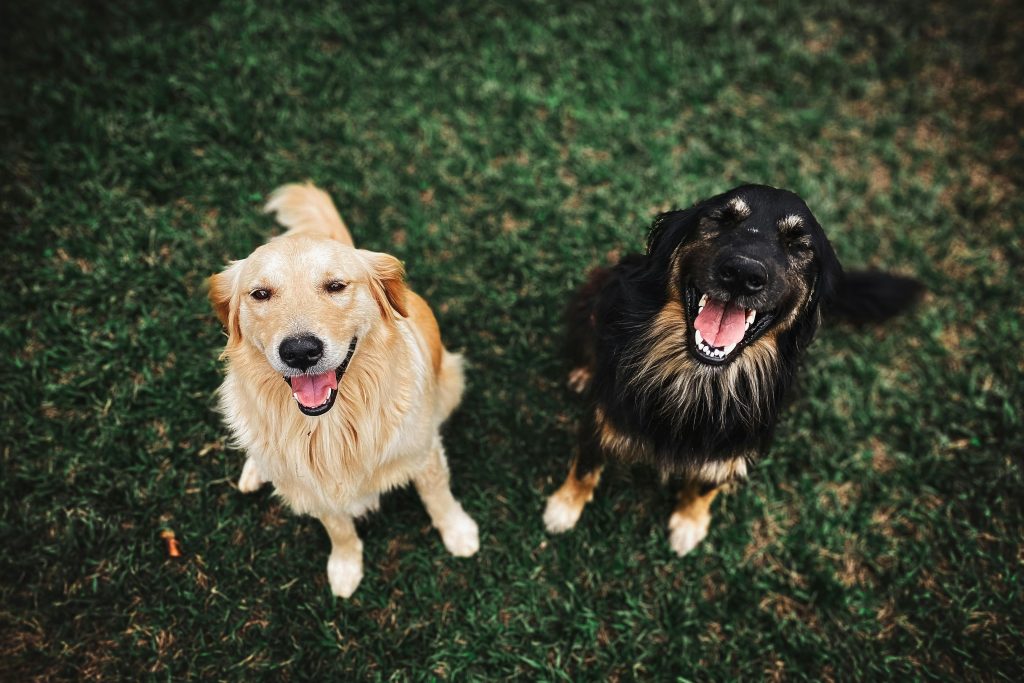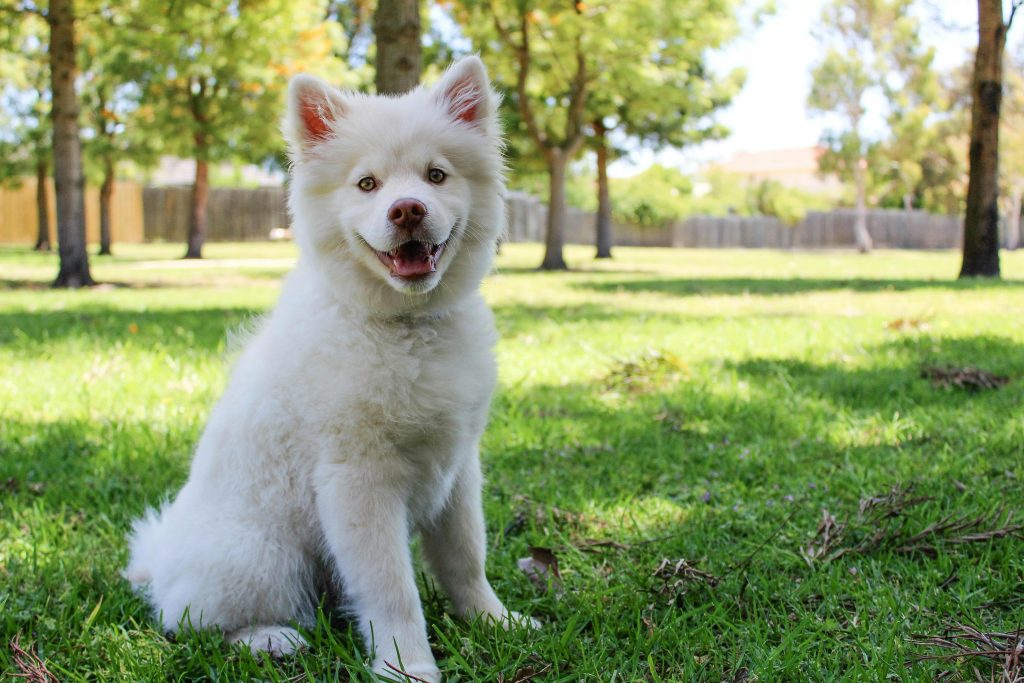You walk in and your dog looks guilty—ears down, tail tucked, eyes wide. You haven’t even said a word, but you know something’s up. Broken vase? Chewed shoe? Trash everywhere? But here’s the big question: does your dog actually know they’ve done something wrong, or are they just reacting to your tone? Let’s dig into the truth behind the “guilty dog” face.

1. The Look of Guilt: It’s Not What You Think
That classic guilty look? It’s not always a sign of understanding. Dogs are masters at reading human body language and voice. If you look upset, they respond with submissive signals—not because they remember their crime, but because they sense your mood.
2. Memory vs. Consequence
Dogs don’t reflect on past actions the way we do. If you scold a dog for something they did hours ago, they won’t connect the punishment to the action. Their brains live in the now—timing is everything when it comes to learning right from wrong.
3. They Learn Patterns, Not Morals
Dogs don’t think in terms of “good” or “bad.” They understand which behaviors bring rewards or avoid punishment. Chewing the couch leg might feel fun—until it earns them a stern voice. Over time, they learn what you like or dislike, not a moral code.
4. The Role of Your Reactions
Dogs quickly learn to associate your facial expressions and energy with outcomes. If throwing trash everywhere makes you mad, and they get negative attention from it, they’ll act differently next time—not because they feel guilty, but to avoid that reaction.
5. Training Builds Understanding
Clear, consistent training helps dogs understand expectations. They don’t feel guilt, but they can absolutely grasp that peeing outside = praise, and stealing socks = ignored (or removed). The rules have to be taught, not assumed.
6. So Why Do They Hide or Cower?
If your dog hides under the bed after tearing up a pillow, it’s likely because they’ve learned that you don’t like it. It’s not shame—it’s anticipation of your response. That “guilty” behavior is more about anxiety than true remorse.



